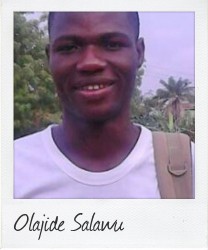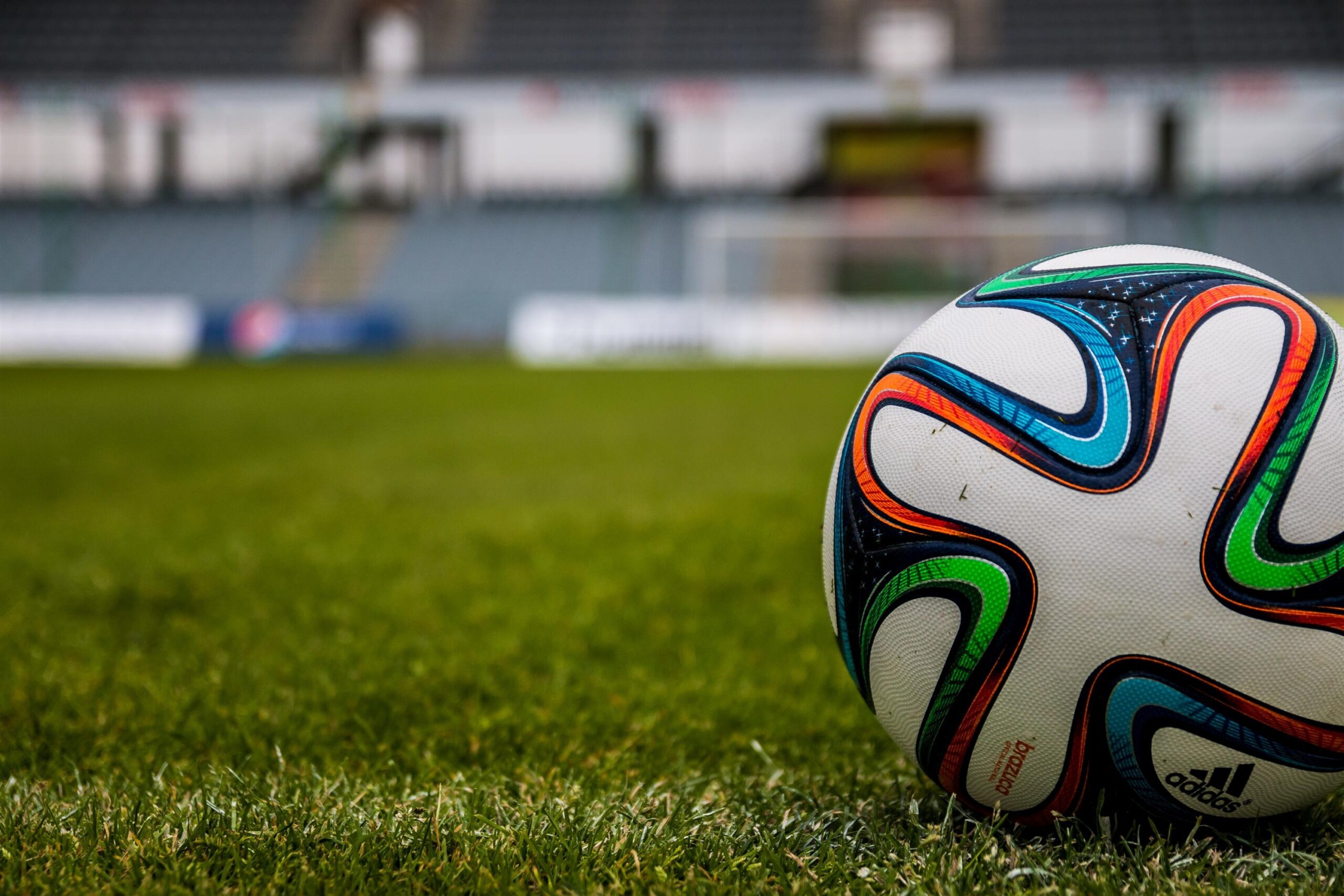“Atlanta 1996 offers lessons for development”
September 5th, 2016 Sports offers a means of addressing Nigeria’s social and development challenges, writes Olajide Salawu, 23, a Correspondent from Shao-Ilorin in Nigeria, who looks at unity that followed 1996 Olympic gold as a model for ways to create peace and build opportunity.
Sports offers a means of addressing Nigeria’s social and development challenges, writes Olajide Salawu, 23, a Correspondent from Shao-Ilorin in Nigeria, who looks at unity that followed 1996 Olympic gold as a model for ways to create peace and build opportunity.
In a geographical entity with various ethnic groups such as Nigeria, challenges for individual and national development are not far-fetched. As the most populous country in Africa and black nations in general, these challenges are made more exigent by the teeming population currently on a forecast of 182.2 million, according to Trading Economic forecast of 2016.
It is instructive to state that Nigeria’s democracy is still a work in progress, and survival of the nationhood seems to be clogged by ethnic bickering predicated on hotbed of history such as civil war and other political milieu that has shaped and misshaped the country’s future. Taking examples from Nigerian history, sports provide a ‘walkable’ and workable labyrinth for both individual and national development toward a formidable future. And one only has to dig the history a bit to find an example.
The example of Atlanta 1996 was highly phenomenal in Nigerian football history. According to Fifa.com, the victorious match that secured gold medals for Nigeria was the ‘greatest Olympic match ever played’. Most importantly, the event lucidly demonstrated how sports can promote individual and national development in a country bedevilled with the challenges of unemployment, ethnic-faulting, poverty and corruption.
The excitement brought by sports as observed in Atlanta 1996 doused the tensions of primordial sentiment in the country, as Nigerians tended to see themselves as citizens of common interest bound by the football competition. What is important to note is that the event provided a veritable platform upon which sports could bring about national integration. Regardless of age, class, gender and other social strata, the event exemplified the spiritual bond the dream team provided for all Nigerians, and the night of the final against Argentina signified unity. Other subsequent victories in football such as U-17 world cup and African Cup of Nations further placed Nigeria in the international eye of sport.
If Nigeria were to develop sports as a national culture and as one of the most unifying factors for her cultural diversity, a more effective policy needs to be implemented. Government must see sports in general as a productive national consciousness upon which the sovereignty of the country can be built. A restructuring of the material and human resources of Nigeria sport industry must be seen as a priority and should inform the national financial ratification.
This would not only help Nigerian local leagues to be in competition with their European counterparts such as Premier League, La Liga, Serie A, and Bundesliga. It would also create more employment opportunities and individual opportunities for talented youths who have developed several sport activities as hobbies and see themselves in the shadows of the greatest players, sportsmen and sportswomen ever produced in world history. Countries such as Brazil, Argentina, Spain and England have advantaged football as a road to national development. In addition, this readjustment will play a pivotal role in peace-building and meet the challenges of ethnic acrimony. More than that, sports could serve as basic means of generating revenue and lift Nigeria’s economic burden from oil in no less percentage.
The outcome of this sports structural adjustment shall pave the way for individual growth. There shall be a better space for social development for individuals, which will lead to a more cohesive nation. Another outcome of this revision of Nigeria’s sports sector would be to open chances for more social groups of different ethnic backgrounds. The economic impact shall also benefit individuals internationally, as the provision of modern facilities will help them to better their skills, thereby opening them up for sport’s international market.
The inauguration of a better policy would provide more health benefits for individuals, such as physical growth and eradication of health challenges associated with lack of sporting exercise. The outcome of this would not only lead to individual growth but also turn Nigeria into a healthier nation.
By any means, the football event of Atlanta 1996 demonstrated that sports create a spiritual, cultural and social bond, and showed that sports are effective for national development and integration by which Nigerian nationhood could evoke oneness. Nigerians see themselves as a people united with common interest in sports, not as a people bullied by histories of political inconsistencies, diverse cultural experiences and sectional interest.
This space, this culture, this unifying terrain should be a ground for a more rounded development.
Reach me on Twitter: @jidesalawu
Image Credit: pixabay.com
…………………………………………………………………………………………………
About me: My name is Salawu Olajide Michael. I am a part-time worker at a consulting firm, and a postgraduate student of Obafemi Awolowo
University, Ile-Ife, Nigeria. I am an Ubuntu adherent who believes that the essence of being human is to affect the society positively. I have strong interest in culture, technology and fish.
…………………………………………………………………………………………………
Opinions expressed in this article are those of the author and do not necessarily represent the views of the Commonwealth Youth Programme. Articles are published in a spirit of dialogue, respect and understanding. If you disagree, why not submit a response?
To learn more about becoming a Commonwealth Correspondent please visit: http://www.yourcommonwealth.org/submit-articles/
…………………………………………………………………………………………………




